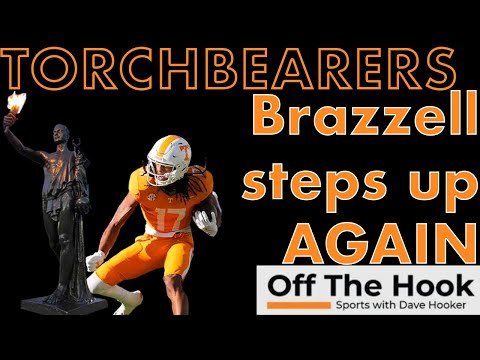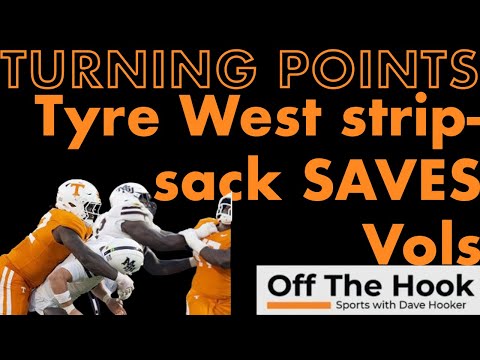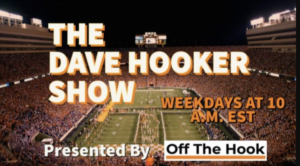I remember picking up my first parlay gambling sheet when I was just a junior at Tennessee, barely old enough to get into the bar in which the sheets were freely distributed by the bartender.
I was nervous. It was almost as if I were picking up a shipment from the cartel. However, it was an early 20’s bucket list, so I managed to be bold enough to ask for a sheet, filled it out and actually handed the wrong piece of paper back to the bartender. She laughed and said if I didn’t have the list with the names on it, I wouldn’t know who I was gambling on. Good point. She needed the stub with the numbers that corresponded to the games. I felt about as smart as one of the bowls of generic chex mix that sat on the bar.
I actually won, which was exciting and enticing, so I picked up a few more during the season. I never won again and decided that wasn’t my vice of choice. Times have changed. It’s easier than ever to place a bet on most anything one can imagine.
College students don’t have to go into a seedy bar to pick up a parlay strip any longer. They can just download an app. That’s scary easy. Gambling is legal everywhere and there is no question that student athletes in college are aware of that.
We’ve seen recent gambling issues at Alabama, Iowa and Iowa State. Trust me. The NCAA is more nervous than Donald Trump in a tax audit. There will be a major gambling scandal in college sports. It’s just a matter of time. Tennessee needs to be as concerned as anyone.
Many don’t know that Knoxville was a huge gambling city in the 1970’s and 1980’s. If you knew the right people, you knew there were secret poker rooms in every area of town. As for sports, Tennessee’s fans have moved the gambling line by heavy betting on the Vols on countless occasions.
When Tennessee was at its best in the 1990’s and for portions of the 2000’s, fans weren’t happy just beating a lessor opponent. It was almost as important to cover the 40-point spread.
Gambling is now the biggest threat to any sport since it’s so easy and convenient. College athletes are the easiest to approach since they aren’t as insulated as professional athletes.
What would the NCAA’s response to a major gambling scandal be? Well, if it’s big enough, it could mean the worst. There could be a death penalty type of reaction like SMU received in the 1980’s for paying players, which is just a part of business nowadays. SMU was a national championship contender. Now, the school still plays football, but things have never been the same.
The NCAA, which recently beefed up its enforcement department, will make an example of some school in the near future, just like it did against SMU. No one wants to be that school.
The other scary aspect of the current collegiate sports environment is that players have disposable income via NIL. They don’t have to spend their last five dollars on a parlay ticket and skip a meal. They have cash in their pocket, but everyone wants more.
Let’s be clear. The clock is ticking on a gambling scandal that could destroy a college athletics program. While apps might seem anonymous, gambling trends are easy to spot and technology makes it easier to find gamblers.
Tennessee and every school had best address the issue. Otherwise, schools will be risking it all simply out of inaction of just plain ignorance. That’s a big gamble.









One Response
Great article, highlighting a ticking timebomb. I remember, as a student in the 70’s, going to a gambling establishment about 8 miles out of town and playing blackjack or roulette.